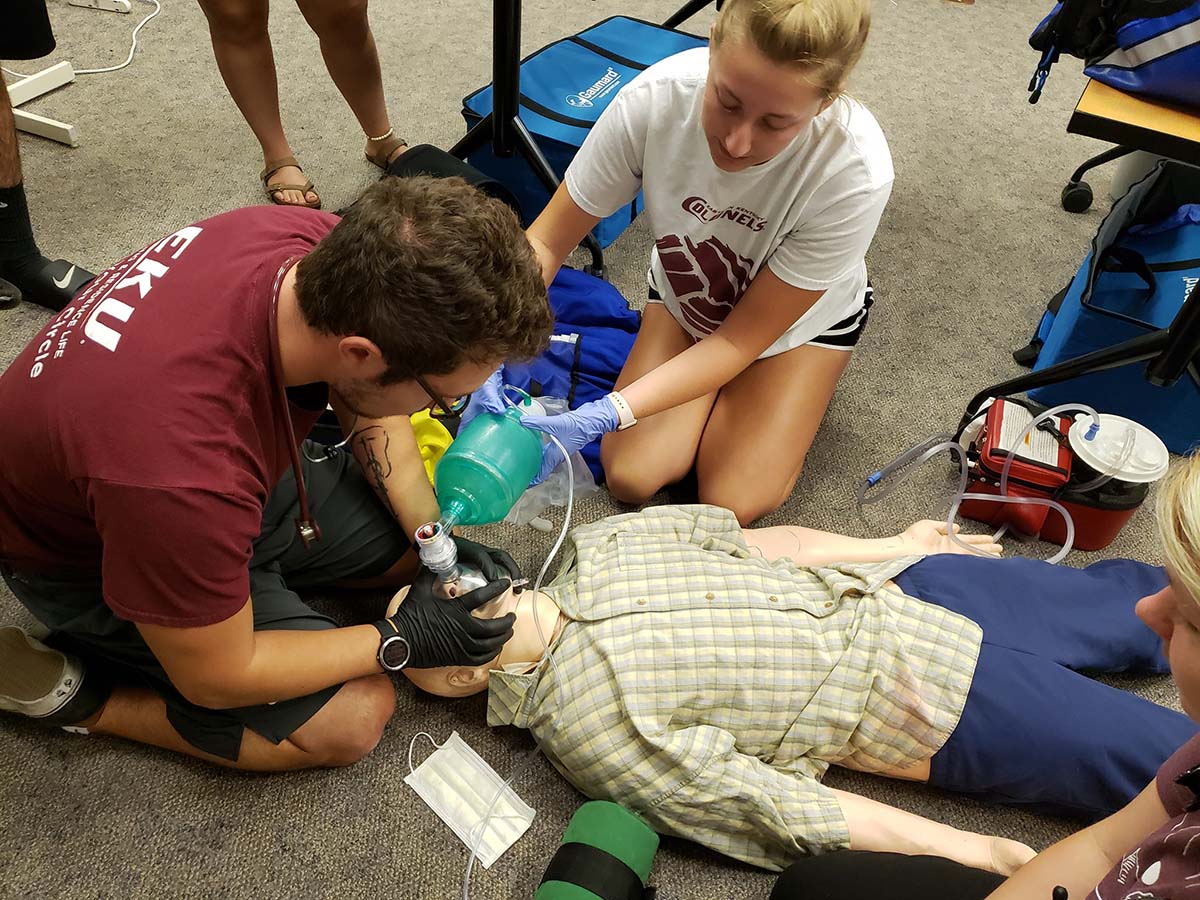So what makes a good medic? Do you need, or should you have, a degree, to become a "good medic"? Does your degree need to be in paramedicine, or is my degree in underwater basket weaving with a paramedic cert the same thing? Does that piece of paper mean much? should a degreed paramedic be compensated more than a certificate only paramedic, despite them performing the same job?
Do we really have a national staffing shortage? or a shortage of people willing to work for poor wages in crappy conditions?
Personally, I think you are asking to have it both ways: we need to mandate degrees for the next generation, but the current generation is grandfathered in. Does that mean the new generation will be better providers? Why shouldn't the existing providers be required to get their degree in 5 years (which is completely reasonable), or else their paramedic credential is suspended?
I'm a EBM guy... I've believed much of the dogma that was stressed over the last 25 years (backboards save lives, everyone needs a NRB @ 15lpm, and EMT's can't be trusted to take a BGL, because it's an invasive procedure... and EMTs can't be trusted to administer zofran IM, because of they might experience a prolonged QT that no paramedic has ever seen in the field), only to learn that much of it was actually based on little to no scientific evidence, and those dogmatic practices have been revised. Except for the Zofran thing... one day
So where is the evidence that degrees will make better paramedics? once we have that evidence, than I will support the claim that every paramedic should be required to have a degree, that we should paid degreed paramedics more, and that insurance reimbursements for degreed paramedics should be higher, since they have better clinical outcomes. And every paramedic should be required to get a degree in 5 years (because the evidence proves that it makes better paramedics), else their paramedic cert is suspended. If you care about this profession, you should want to become a better provider, and if you don't, then enjoy your retirement.


